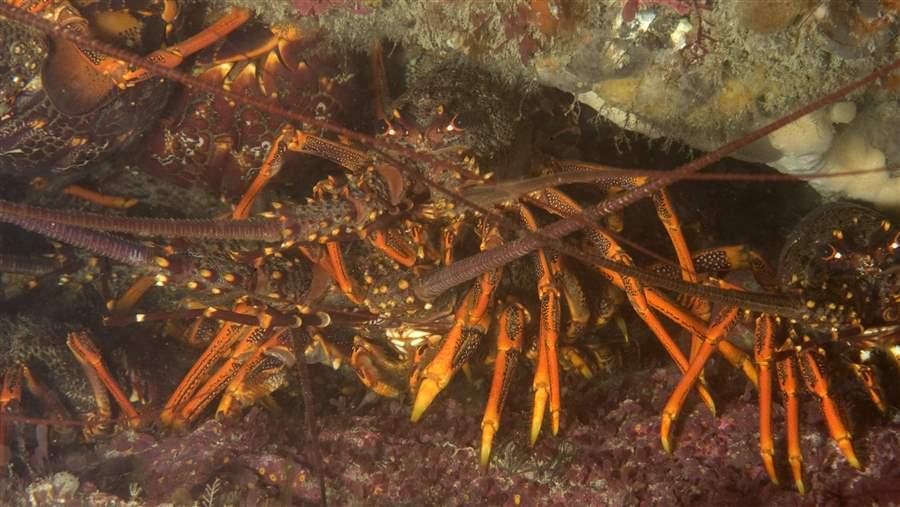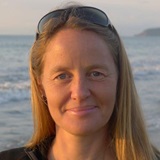Ecosystem Effects of Invertebrate Fisheries
Webinar
Join us for a presentation by Dr. Tyler Eddy from the University British Columbia on his work studying the ecosystem impacts of invertebrate fisheries.
Date: Wednesday, February 22nd, 2017
Time: 12 p.m. - 1 p.m. EST
For remote access:
Please fill out the registration form before the event is scheduled to begin.
Event number: 636 074 035
Event password: Invertebrate2017
For teleconference audio after you join the webinar, either:
- Select “Call Using Computer”
- Select “Call me” and provide your phone number (recommended over option #3)
- Call the number below and enter the access code.
- In the U.S. and Canada, dial 1-855-214-7745.
- Enter conference code 909 707 1631
- After dialing the conference code, be sure to enter the Attendee ID that will appear on your screen.
Summary:
Since the 1950s, catches of marine invertebrate fisheries have increased six-fold, to over 10 million tons annually, due to expansion of invertebrate fisheries following declines or more restrictive management of finfish fisheries. Invertebrates are a critical food source for fish, mammals, and birds, yet many invertebrate fisheries lack stock assessments and management plans.
In a series of recent papers, Dr. Tyler Eddy and colleagues found that many invertebrates play important roles in marine ecosystems, and their effects are comparable in magnitude to those of forage fish. They also found that invertebrates are generally more sensitive to fishing than finfish, and many species are being fished at rates higher than those that would produce maximum sustainable yield. Furthermore, many invertebrates do not follow the traditional fisheries science prediction that only highly connected or highly abundant species will have high ecosystem impacts. This suggests the need for precautionary management, since the consequences of fishing and other human activities can be unpredictable.
Dr. Eddy will present the results of his recent work, which touches on lobster fisheries in New Zealand and Nova Scotia, and on global patterns revealed by ecosystem modeling. To read more about this project led by Dr. Heike Lotze and supported by the Lenfest Ocean Program, please visit lenfestocean.org.


